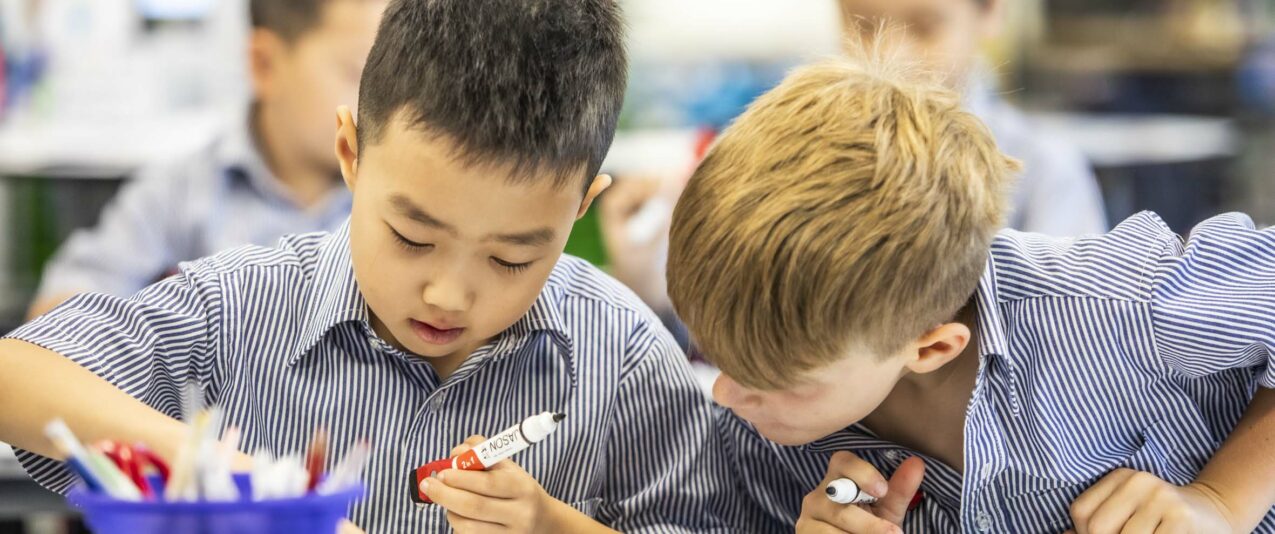
Pastoral Care
We pride ourselves on the care of our boys and we make a commitment to provide a safe and secure environment for them. A sense of belonging is a vital key for transition.
Your son’s Homeroom teacher will be his main pastoral carer, providing support with transition, academics and social and emotional wellbeing.
Homeroom teachers are the first port of call for day to day operational matters such as absence, questions regarding academic classes or social/emotional concerns.
Year Level Coordinators oversee the pastoral care of our boys in close consultation with Homeroom teachers. Year Level Coordinators manage matters over and above day to day operations.
All boys will be allocated a House in 2025. Boys who have a sibling at BGS or a family association with the school will be allocated the same House to continue the family tradition, please complete the attached form to assist with House allocation. There are eight Houses at Brighton Grammar School:
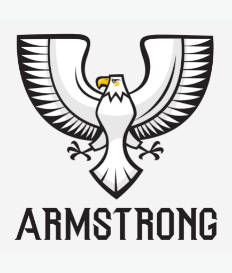
Armstrong
Miss Eva Armstrong was for many years the Matron at Brighton Grammar when the School had boarders. She was a sister-in-law of Dr Crowther. Miss Armstrong and Dr Crowther took a great personal interest in the welfare of the boys and were often seen in the kitchen making jams and jellies to ensure that the boys were well fed.

Crowther
Dr Crowther was the founder of BGS and Headmaster from 1882 until 1918. He came to Australia from Jamaica with his English parents at the beginning of the Gold Rush. He was educated at Wesley College and then taught at Hawthorn Grammar School. In February 1882 he opened Brighton Grammar in a two-storey building in New Street, not far from Wellington Street.
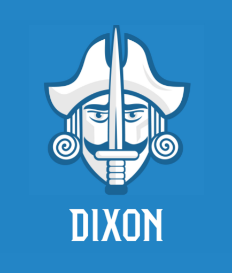
Dixon
Mr H. E. Dixon was the third Headmaster of the School. He first joined the Staff in 1903 as Master-in-Charge of Mathematics. He left in 1912 but returned when Dr Crowther died in 1918 and served as Acting Headmaster and Vice Principal until his appointment as Headmaster in 1924. In that year, the School was taken over by the Brighton Grammar School Association and passed out of the hands of the Crowther family. Under Mr Dixon’s leadership, the present Tower and Hancock Wings were established in 1927. Land was leased from St Andrew’s Brighton and the Argyle Building, beside the Crowther Oval at Rosstrevor, was opened in 1932. Mr Dixon retired in 1938.

Fairweather
Characterised by a fox and the colour orange. Mabel Fairweather was the longest-serving senior female BGS staff member and Head of the Junior School for 24 years (from 1939-1962). Under her stewardship, enrolments in the Junior School grew from 30 to 300 students. She was also a significant benefactor to BGS leaving a large portion of her estate to the School.
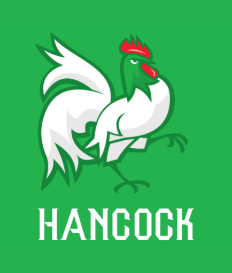
Hancock
Archdeacon Hancock was Vicar of St Andrew’s Brighton when the School was threatened with closure through lack of funds. By his enthusiasm and untiring efforts, Brighton Grammar was bought from the Crowther family and the Brighton Grammar School Association founded, establishing the School on its present foundation. Without Archdeacon Hancock, it is doubtful the School would have survived.
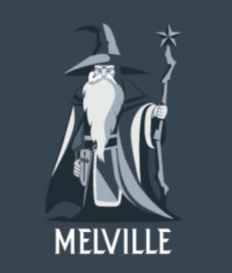
Melville House
Symbolised by a magician and the colour charcoal. Francis Balfour Melville was an exceptional BGS academic student from the class of 1908, who graduated from Cambridge and the University of Melbourne with First Class Honours. He served in WW1 and in 1921 returned to Brighton Grammar as Head of the Science Faculty; however, was tragically killed in a motor vehicle accident the following year. Melville was one of the original four Houses of 1923.
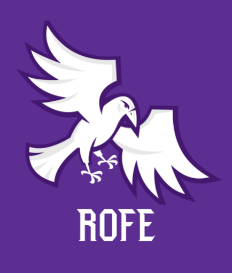
Rofe
Mr Robert L. Rofe was Headmaster of Brighton Grammar from 1967 until 1995. Under his tireless leadership, the School grew in number and stature, many new buildings were built and it became a competitive force in the APS.
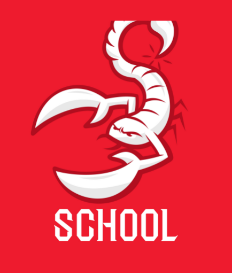
School
Until the closing of the boarding house at the end of 1954, School was the boarders’ house. In 1955, boys from the other houses were drafted into School house to ensure that the house remained active. Some of the senior boarders stayed on as BGS day boys and led the house during this period. The late Mr J. Sotheran remained as House Master of School before joining the Wilson House staff in 1968.
Level Leadership
The Year Level Coordinators, School Chaplain and Junior School Psychologist offer another layer of pastoral care for all Junior School Boys. The role of the Year Level Coordinators is to oversee the general functioning of the Junior School program for Prep – Year 2, Year 3 and Year 4, Year 5 and Year 6. They work closely with the Deputy Head of Junior School to review and develop pastoral strategies.
The Level Teaching and Learning Coordinators work directly with the Director of Teaching and Learning and Literacy and Numeracy Coordinators to oversee the effective instructional methods and teaching practises in each classroom. They are responsible for the delivery of curriculum as well as the maintenance of high-quality instruction.
Teaching and Learning
The Junior School curriculum continues to be developed and improved using current research from both within and outside Australia. The Explicit Instruction approach is at the core with an emphasis on Direct Modelling and repetition. Boys are learning through clear instructions and building skills in a sequential manner.
The learning environments are carefully managed so that boys can reference past learning and see their hard work on display. They are encouraged to take academic risks and challenge themselves so there is always forward movement.
The learning areas covered in each Year Level:
- English
- Mathematics
- Humanities
- Science
- Technologies – Design Technology and Digital Technology
- Chinese
- The Arts – Music, Dance, Drama/+M and Visual Art
- Health and Physical Education
The curriculum is in alignment with regulatory guidelines from the Australian Assessment and Reporting Authority and the Victorian Curriculum and Assessment Authority (see victoriancurriculum.vcaa.vic.edu.au).
Learning Differentiation
Junior School boys in Prep to Year 6 may be provided with learning support throughout their schooling. This may be in the form of intervention or enrichment.
Learning Support staff work closely with Homeroom Teachers to support boys, depending on their needs. Those boys identified as needing support may be provided with small-group or individual lessons that target their needs. Specific intervention programs are used to support their learning. The Learning Support staff can also provide resources and expertise to both parents and teachers to assist boys with their learning.
The Enrichment Program at BGS recognises and caters for different learning needs across all year levels.
Leadership
It is an essential task of the Junior School to train boys in leadership. Boys are given many opportunities to discover and exercise their gifts in this field.
In Term 1, the Captain and the Vice Captain of the Junior School and the School Officers are nominated by their peers and members of Staff, and appointed by the Deputy Headmaster, Head of the Junior School. During the year, boys are selected or appointed to other positions of leadership, House Captains, Senior Chapel Server and Chapel Readers and Servers. Other important areas of responsibility are: Class Monitors; Leaders of the Concert Band and the String Orchestra; Library, Mindfulness, Music, Science, Sport and Technology Monitors.
All ELC to Year 6 boys engage in a weekly Buddy Program. In this program, the older boys work with their younger partners in a variety of activities that develop the organisational, communication and leadership skills of the older boys. This provides invaluable opportunities for the older boys to develop responsibility and care for the younger boys.
By undertaking leadership opportunities, boys learn the demands and satisfaction of service, care and responsibility, and the importance of working together to achieve worthwhile objectives.
Technology
Harnessing the power and potential of technology in learning is core at BGS. We have partnered with FamilyZone to apply cyber safety or screen time controls at school. This can optionally be extended by families to provide controls for your son’s devices (including mobile phones) at home too. FamilyZone is installed on all BGS computers to implement our eSmart and ICT policies during school hours, and parents can choose if they wish to activate the product to also provide family screen time controls at home. For further details please refer to the parent overview guide or email our Director of Information Technology.
Schoolbox
Schoolbox is our electronic learning management and communication system and it supports the boys’ daily routine at school and home. It is the main vehicle of communication between home and school.
Stay connected!
Parent participation is a key pillar in the School’s Strategic Plan. There are many ways you can stay connected at home and work including our website, BGS App, Weekly eNews (latest eNews) and BGS social media pages.
Reports
Reports are prepared at the conclusion of each term. During the year, Year 3 and Year 5 boys all undertake the compulsory NAPLAN tests. Other standardised testing is conducted during the year to assist in mapping progress.
